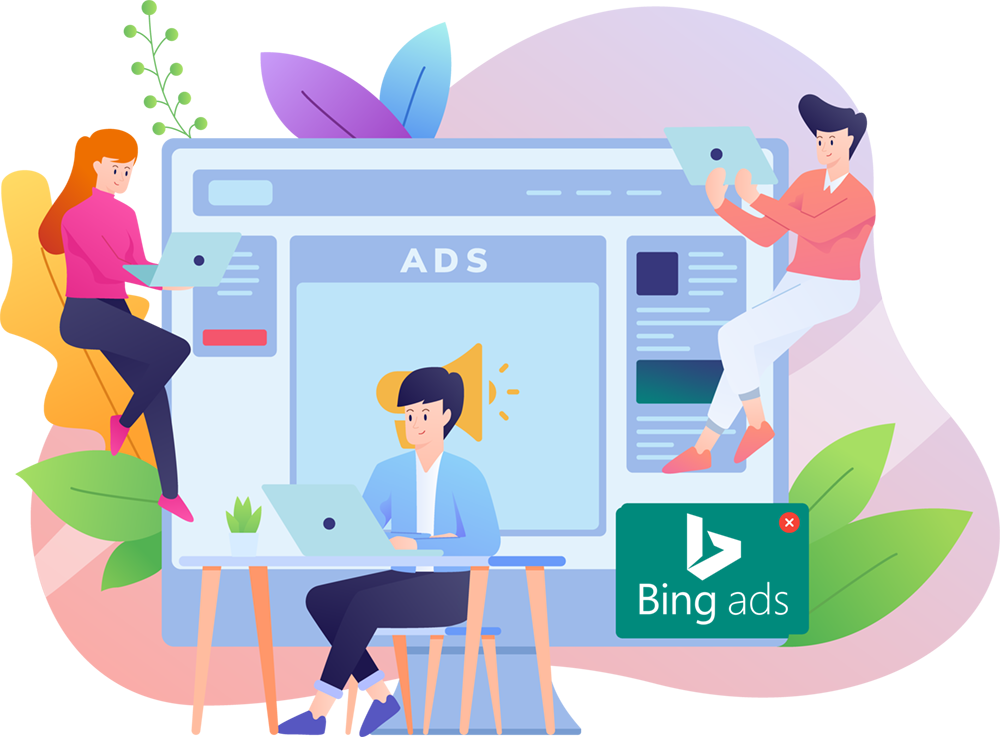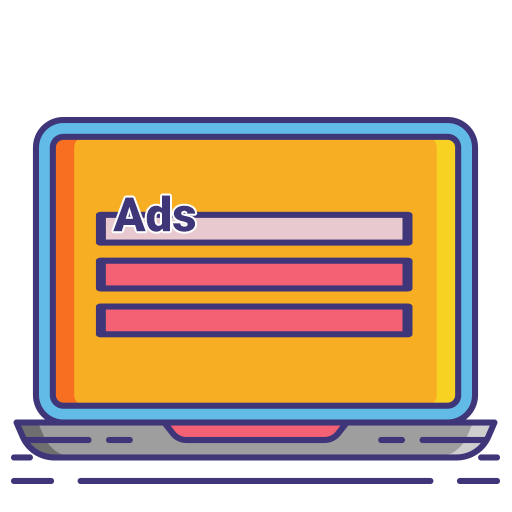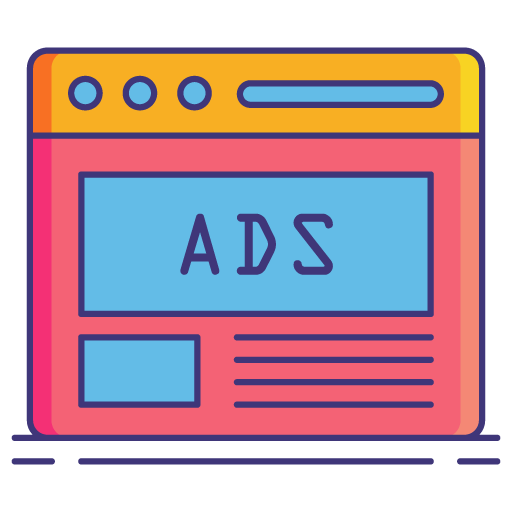What is Bing Ads service?
Bing Ads, now known as Microsoft Advertising, is an online advertising platform that allows businesses to display their ads on the Bing search engine and its affiliated networks. It is important for businesses as it provides a valuable opportunity to reach a diverse and substantial audience, with a particular emphasis on users who might not be as active on other search engines like Google. This can be particularly advantageous for businesses looking to expand their online presence and generate leads or sales, ultimately helping them to grow their customer base and achieve their marketing goals.
12 Types of Bing Ads Services By EireDigital agency

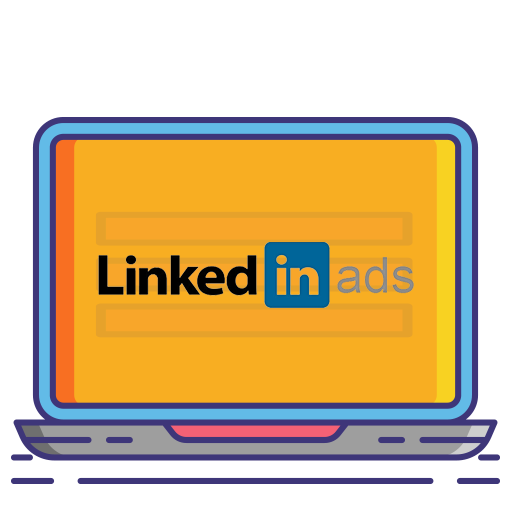




Microsoft Bing Ad Service for B2B Vs B2C
| Aspect | B2B Bing Ads | B2C Bing Ads |
|---|---|---|
| Target Audience | Businesses, professionals, decision-makers | Individual consumers, general public |
| Ad Copy | Emphasizes features, benefits, and ROI for businesses. May include industry-specific jargon | Focuses on product benefits, discounts, and consumer satisfaction. |
| Ad Creative | May use industry-specific visuals and professional images. | Utilizes appealing visuals, lifestyle imagery and emotion-driven content. |
| Keyword Selection | Industry-specific keywords, long-tail keywords and problem-solving keywords. | Broad keywords, product names, general search terms related to consumer interests. |
| Ad Extensions | May use site link extensions, callout extensions, and structured snippet extensions to provide additional information. | May include call extensions, location extensions, and review extensions to engage consumers. |
| Ad Placement | Focus on B2B websites, industry-specific forums, and professional networks. | Broader network of websites, including Bing, Yahoo, MSN, and partner sites. |
| Ad Timing | May target business hours, weekdays, and exclude non-business days. | May target various times, including weekends, evenings, and holidays. |
| Campaign Goals | Lead generation, high-value conversions, brand authority. | Sales, website traffic, brand awareness, and customer engagement. |
| Tracking and Analytics | Emphasizes tracking leads, ROI, and account performance for businesses. | Focuses on website traffic, conversion rates and user behavior analysis. |
| Competition | Typically lower competition in B2B niche, with higher cost per click (CPC). | Higher competition, especially in popular B2C niches with varying CPC. |
EireDigital, Your Certified Bing Ads Partner!

EireDigital's team likely has in-depth knowledge and experience in managing Bing Ads campaigns. They can help you navigate the platform, understand its intricacies, and implement effective strategies tailored to your business goals. Optimized Ad Campaigns: With EireDigital, you can expect your PPC campaigns to be optimized for performance. They can help you create ad campaigns that target your specific audience, use relevant keywords, and maximize your return on investment (ROI).
Crafting compelling ad copy and creatives is crucial for PPC success. EireDigital can assist in creating eye-catching, relevant ad content that attracts potential customers.
They can perform thorough keyword research to identify the most effective keywords for your business. This helps ensure your ads are displayed to the right audience.
EireDigital can help you manage your advertising budget efficiently. They can set up daily or monthly spending limits, ensuring you don't overspend while maximizing the reach of your ads.
They can provide insights into the performance of your Bing Ads campaigns through analytics. This allows you to make data-driven decisions and continually refine your advertising strategy.
EireDigital is likely well-versed in the technical aspects of Microsoft Ads, such as ad extensions, targeting options, and ad scheduling. This expertise can help you get the most out of the platform.
As a partner, EireDigital should offer ongoing support and communication, keeping you informed about campaign progress and making adjustments as needed.
They can ensure your ads adhere to Microsoft Ads policies and industry best practices, reducing the risk of ad disapproval or account suspension.
Microsoft Bing Ads' most important KPIs
CTR measures the percentage of people who click on your ad after seeing it. A higher CTR generally indicates that your ad is relevant and engaging to your target audience.
The conversion rate tracks the percentage of users who take a desired action after clicking on your ad. This action could be making a purchase, filling out a contact form, or signing up for a newsletter. A higher conversion rate signifies that your ad is effectively driving user actions.
CPC is the average cost you pay each time a user clicks on your ad. It's important to manage your CPC to ensure you're getting the most value from your advertising budget.
Quality Score: Google assigns a Quality Score to your keywords and ads based on their relevance and performance. A high-Quality Score can lead to better ad placements and lower costs.
ROI measures the profitability of your ad campaigns. It calculates the revenue generated relative to your advertising spend. Ensuring a positive ROI is essential for the success of your campaigns.
Impression share indicates the percentage of times your ads were shown compared to the total number of times they could have been shown. A high impression share suggests that you're capturing a significant share of your target audience's attention.
CTR at the ad level shows which specific ads are performing well and which need improvement. It helps you fine-tune your ad creatives for better results.
Faq
- What are the advantages and disadvantages of using Bing Ads compared to other advertising platforms?
Advantages of Using Bing Ads:
Less Competition: Bing Ads typically have lower competition than Google Ads. This can result in potentially lower cost-per-click (CPC) and a better chance to reach your target audience at a lower cost.
Different User Base: Bing has a distinct user demographic, including older individuals and those using Microsoft’s products (Windows, Edge browser). This can be advantageous if your target audience aligns with this demographic.
Partnership with Microsoft: Bing Ads is powered by Microsoft, and they often have partnerships with other platforms and services, such as Yahoo. This can expand your ad reach beyond just the Bing search engine.
Advanced Campaign Options: Bing Ads offers unique features like ad scheduling, better device targeting, and ad extensions that can help improve the visibility and performance of your ads.
Syndication Network: Your Bing Ads can appear on Microsoft’s network, which includes sites like MSN, Yahoo, and AOL, potentially broadening your reach
Disadvantages of Using Bing Ads:
Smaller Audience: Bing’s search market share is smaller than Google’s, which means your ads may not reach as many people. This could be a disadvantage if your target audience predominantly uses Google for search.
Less Robust Advertising Ecosystem: Google Ads offers a more extensive suite of advertising options, including YouTube ads, Google Display Network, and Google Shopping. Bing Ads may not provide as much diversity in terms of ad formats.
Lower Search Volume: Due to its smaller user base, Bing typically has lower search volume than Google. This can be a disadvantage for businesses looking to scale their advertising efforts.
Potentially Higher CPC for Competitive Industries: While Bing Ads can have lower CPC in some cases, for highly competitive industries, Google Ads may provide a more cost-effective option.
Reporting and Analytics: Google Ads is known for its robust reporting and analytics tools, which provide in-depth insights into campaign performance. Bing Ads’ reporting tools may not be as advanced.
Ultimately, whether Bing Ads are a suitable choice for your advertising strategy depends on your specific business goals, target audience, and industry. Some businesses find success by diversifying their advertising across multiple platforms, while others focus on the one that best aligns with their audience and budget. It’s often advisable to conduct a thorough analysis and consider running test campaigns on different platforms to determine which one provides the best return on investment for your business.
The cost of using Bing Ads can vary widely and is determined by several factors, including your advertising goals, industry, competition, and your budget. Contact us now to discuss it more.
Cost-Per-Click (CPC): This is the most common pricing model for Bing Ads. With CPC, you are charged every time a user clicks on your ad. You set the maximum amount you’re willing to pay for a click, and the actual cost varies depending on factors like bid competition, keyword relevance, and quality score.
Cost-Per-Mille (CPM): CPM is a pricing model where you pay for every 1,000 impressions (views) of your ad. This option is often used for display advertising, and you bid for the cost per thousand impressions.
Cost-Per-Acquisition (CPA): In this pricing model, you specify the amount you’re willing to pay for a specific action, such as a conversion (e.g., a sale or lead). Microsoft Advertising will optimize your campaign to achieve this goal within your defined CPA target.
Fixed Budget: You can set a fixed daily or monthly budget, and Microsoft Advertising will ensure your spending stays within this budget. This is a good option if you want strict control over your ad spend.
Dynamic Search Ads: With this pricing option, you pay based on a bid strategy (e.g., maximize clicks) that you set. Microsoft Advertising automatically generates ad headlines based on your website’s content and matches them to relevant search queries.
Bing Ads Express: Bing Ads Express is a simplified version of Bing Ads that offers automated campaign management with a monthly budget that you set. It’s designed for small businesses and local advertisers.
Shopping Campaigns: If you’re running e-commerce ads, you can set your budget and bid strategy for Shopping Campaigns. You pay based on your chosen bidding strategy (e.g., maximize clicks) and the cost of clicks on your shopping ads.
Bid Adjustments: You can set bid adjustments based on factors like device type (mobile, desktop), location, time of day, and demographics. These adjustments allow you to fine-tune your spending based on the performance of different segments of your audience.
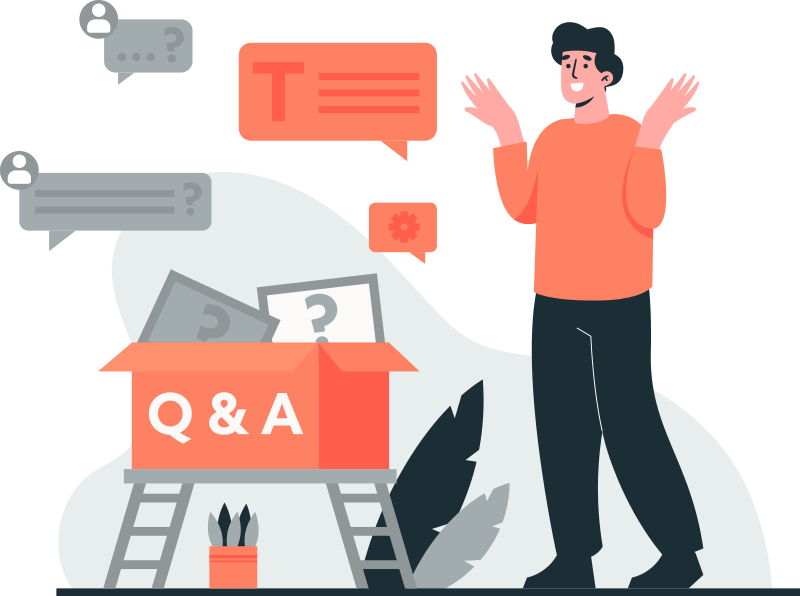
Tell Us About Your Project


